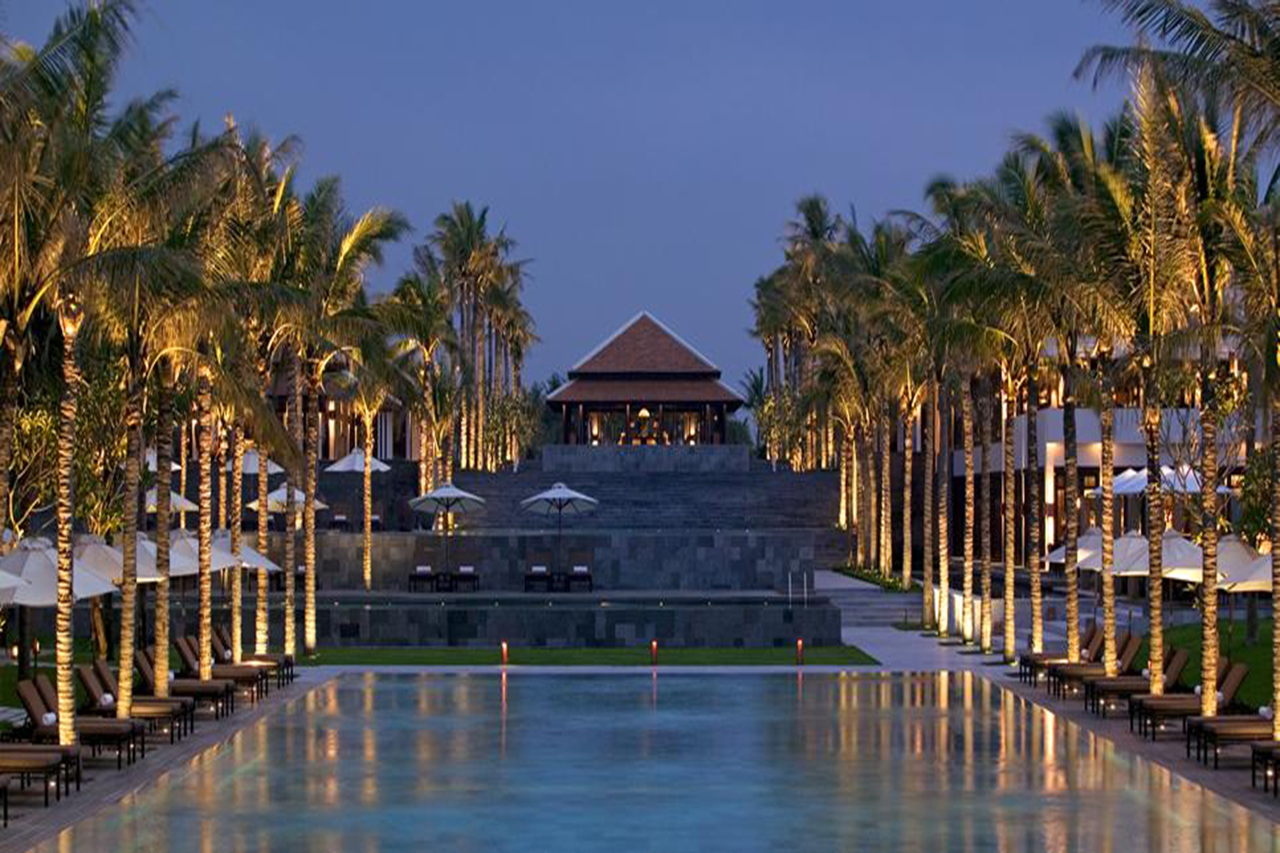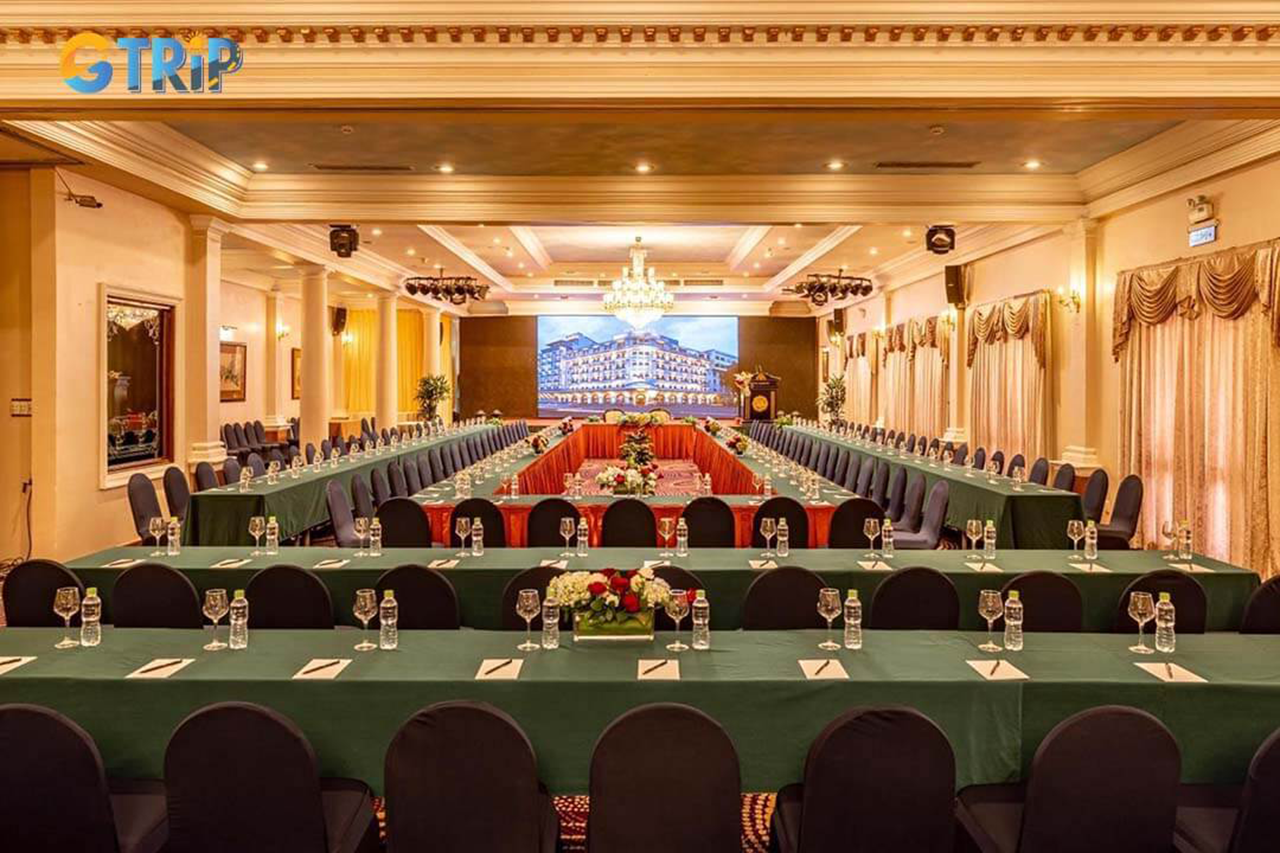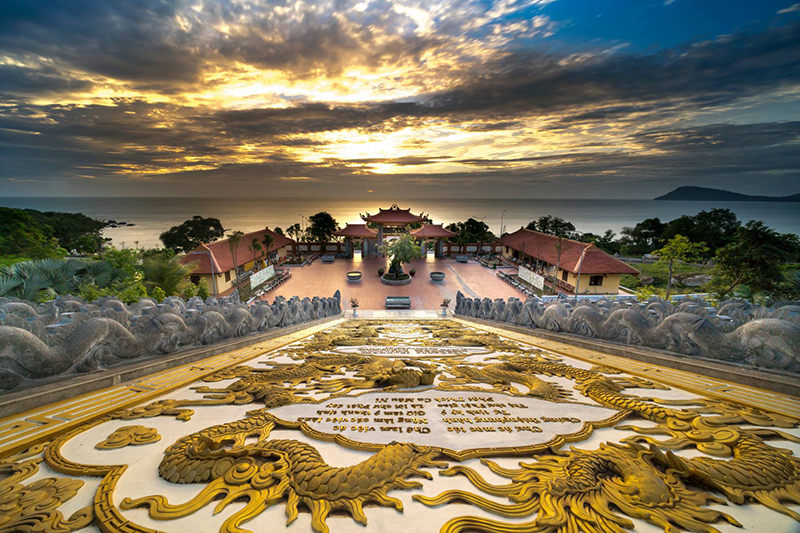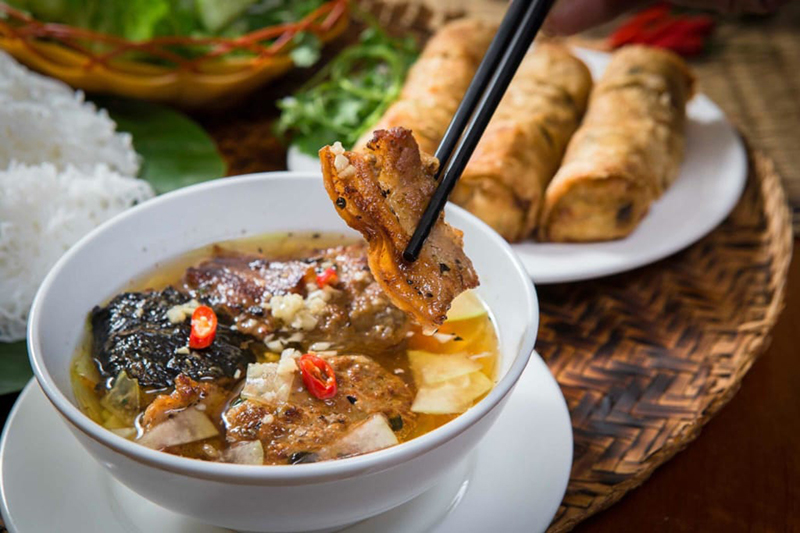-

Booking Tips for Hotels in Vietnam: What Every Traveler Should Know
-

Exploring Local Culture Through Your Hotel Stay in Vietnam
-

Family-Friendly Hotels in Vietnam: Comfort for All Ages
-
.png)
Vietnamese Design Meets Global Comfort: Aesthetic Trends in Hotels
-

Business Travel in Vietnam: Hotels That Understand the Modern Professional
The Rise of Boutique Hotels in Vietnam
1. A New Kind of Luxury
As modern travelers seek experiences that feel more personal, authentic, and connected, boutique hotels in Vietnam have emerged as a fresh alternative to traditional hospitality. These intimate properties, often featuring under 100 rooms, are redefining what it means to stay in style. Instead of cookie-cutter rooms and standardized services, guests encounter thoughtful design, locally inspired architecture, and a sense of story.
In cities like Hanoi, Hoi An, and Da Lat, boutique hotels combine colonial charm, Vietnamese aesthetics, and contemporary flair. They appeal to travelers who value creativity, culture, and a deeper sense of place.
2. Design With a Soul
One hallmark of Vietnam’s boutique hotels is their emphasis on design. Unlike large chain hotels, which tend to follow a corporate style guide, boutique hotels embrace individuality. You might find:
-
Hand-painted murals by local artists
-
Rooms named after herbs, flowers, or legends
-
Wooden furniture sourced from nearby artisans
-
Lantern-lit courtyards reminiscent of ancient towns
Design becomes storytelling. Every hallway, tile pattern, or room layout is an invitation to experience the culture of the region.
3. Locally Rooted Experiences
Boutique hotels in Vietnam often act as cultural bridges between guests and the community. Beyond accommodations, they offer unique experiences such as:
-
Guided market walks with the hotel chef
-
Craft workshops with local artisans
-
Free bicycles for exploring the neighborhood
-
Private Vietnamese tea ceremonies
These experiences foster emotional connection and turn a stay into a memorable cultural journey.
4. The Boutique Boom in Key Cities
-
Hanoi: The Old Quarter is now home to a wave of chic boutique hotels offering modern comforts behind historic facades.
-
Hoi An: With its heritage charm, the city is dotted with stylish hotels that honor its trading port legacy.
-
Da Lat: Known for its cool weather and pine-covered hills, Da Lat is ideal for romantic boutique stays.
-
Saigon (Ho Chi Minh City): Boutique hotels are reinventing heritage buildings in District 1 and 3 into creative hubs.
Each city contributes a unique flavor to the growing boutique trend.
5. Personalized Service
Because boutique hotels are smaller, they often excel in personalization. Staff learn your name, remember your preferences, and tailor your stay based on what you love. Whether it's a custom breakfast, a surprise birthday cake, or a handwritten thank-you note, these thoughtful touches create lasting impressions.
The service style is warm, intuitive, and genuine—reminding you that hospitality is, above all, human.
6. Appealing to a New Generation
Millennials and Gen Z travelers are increasingly choosing boutique hotels for their Instagram-worthy aesthetics, sustainable practices, and immersive experiences. With a growing demand for ethical travel, many boutique hotels are also leading the way in:
-
Eco-conscious architecture
-
Sourcing from local farms and businesses
-
Minimizing plastic use and waste
-
Supporting community-based tourism
Vietnam’s boutique scene is thus perfectly aligned with modern travel values.
7. Fusion of Heritage and Modernity
One of the most compelling aspects of boutique hotels in Vietnam is how they blend heritage and modernity. A 1920s French villa might be restored with smart lighting and rooftop yoga. A traditional Vietnamese house may feature a glass-encased atrium or a gallery of contemporary art.
This blend appeals to travelers who want comfort and creativity, tradition and innovation.
8. Affordable Elegance
Despite their style and character, boutique hotels in Vietnam often remain affordable. A beautifully designed room with local art, organic breakfasts, and bespoke service might cost the same as a standard business hotel in another country. This accessibility allows more travelers to enjoy a high-end experience without a luxury price tag.
9. Community Engagement
Many boutique hotels operate with a strong sense of place and responsibility. They partner with nearby schools, fund artisan cooperatives, or train young hospitality students. When guests stay at these properties, their travel dollars go further—supporting education, preserving craft, and empowering local voices.
This ripple effect makes boutique travel not only stylish, but socially impactful.
10. Looking Ahead
The rise of boutique hotels in Vietnam reflects a broader shift in global tourism: a move from passive observation to active participation. As Vietnam continues to enchant travelers with its natural beauty, deep culture, and vibrant spirit, boutique hotels are helping shape a more meaningful, intimate, and sustainable travel future.
Whether you're sipping coffee on a heritage terrace in Hoi An or waking up to birdsong in a Sapa hideaway, Vietnam's boutique hotels promise more than just a place to sleep—they offer a sense of belonging.
Related articles





